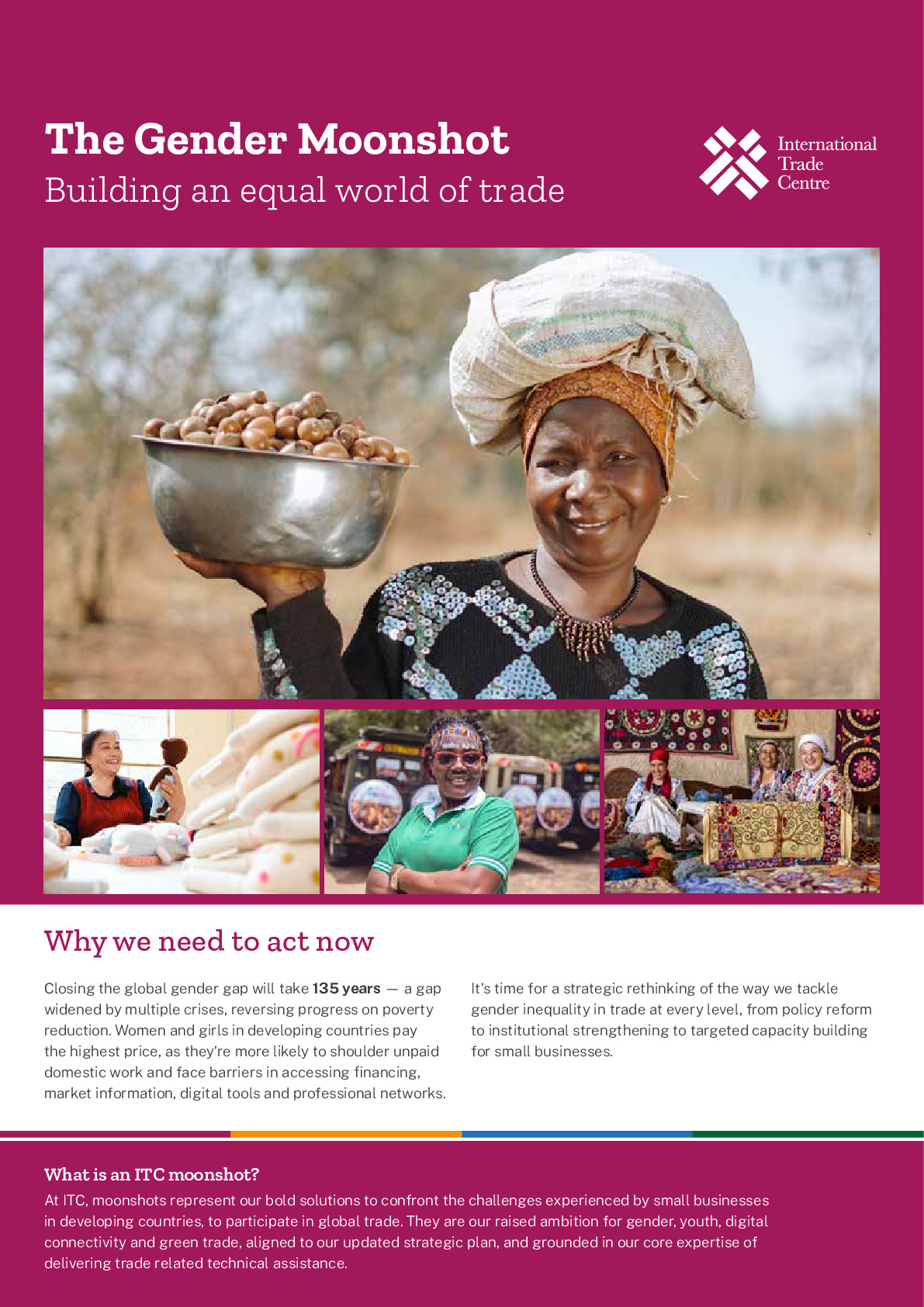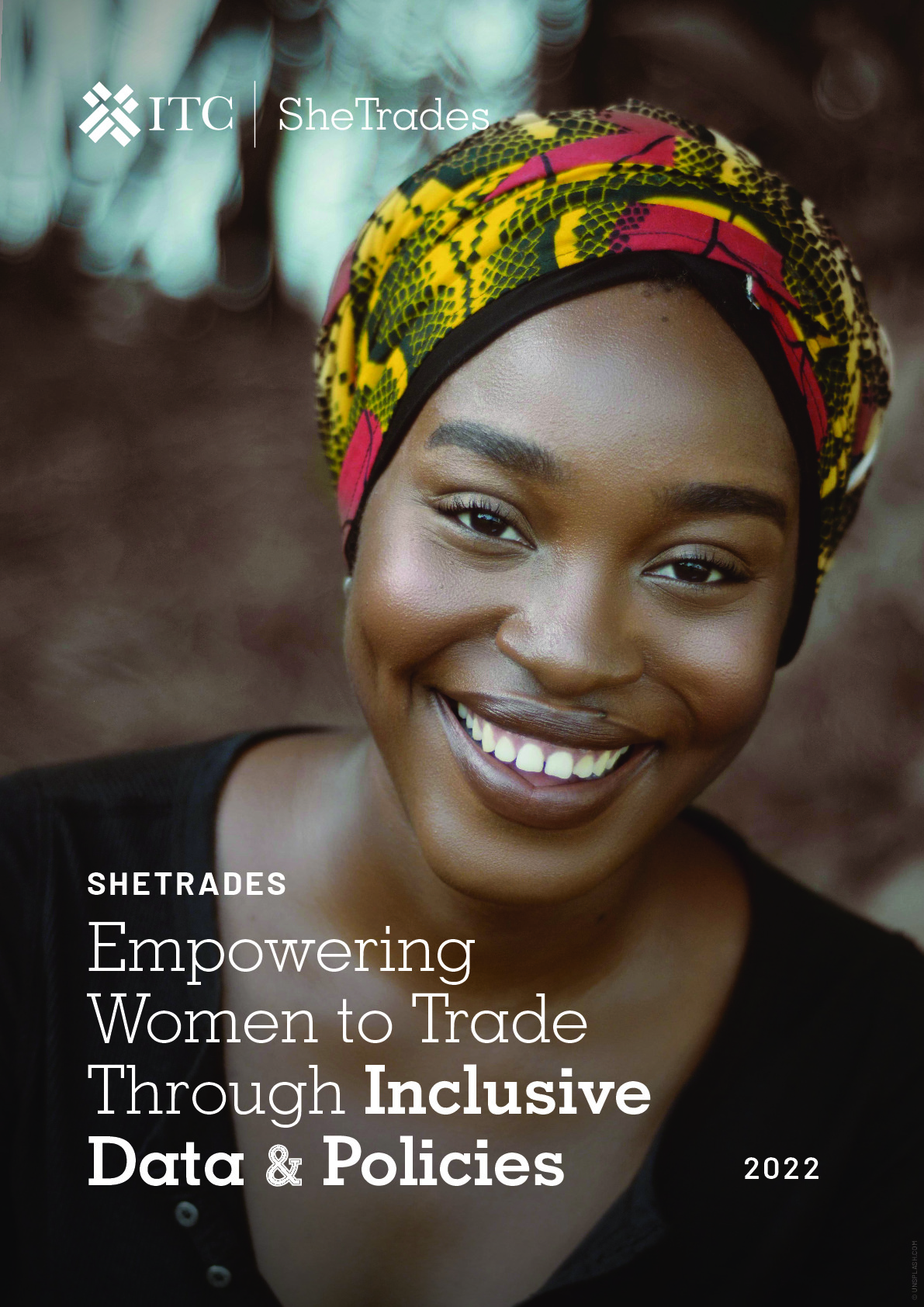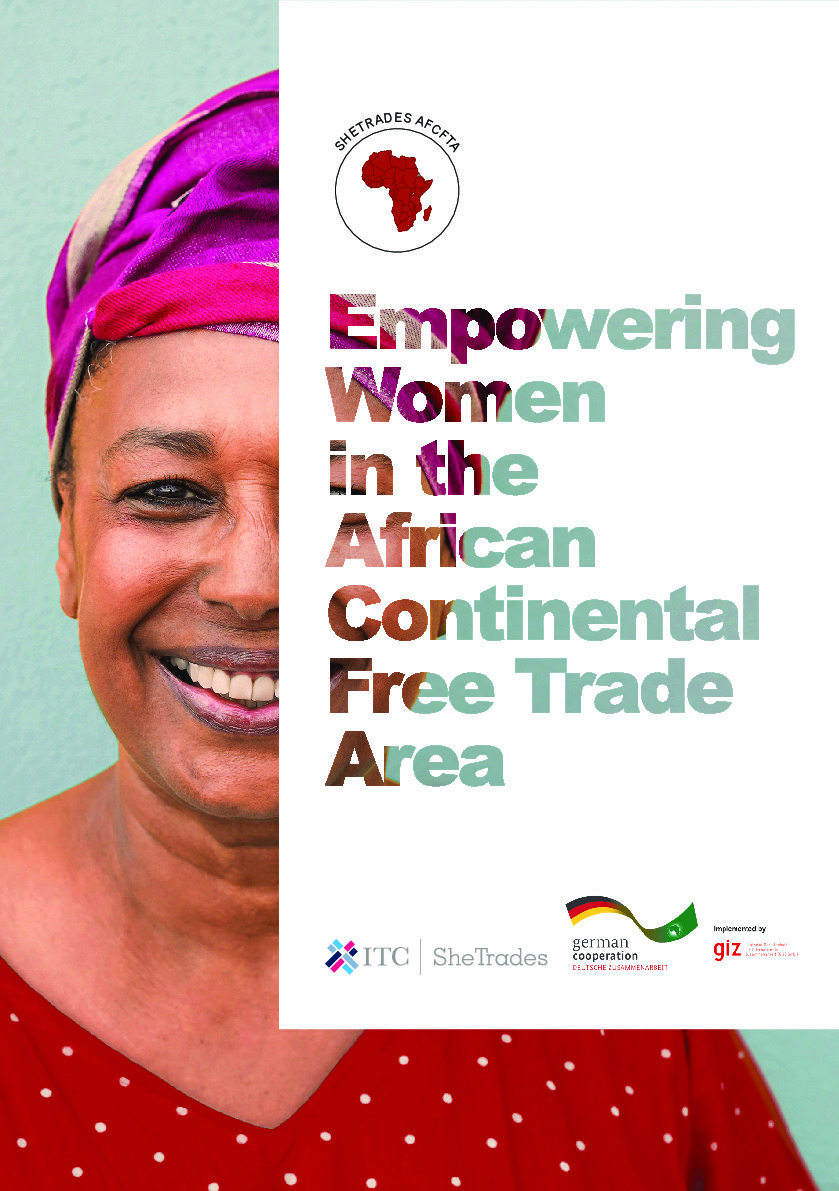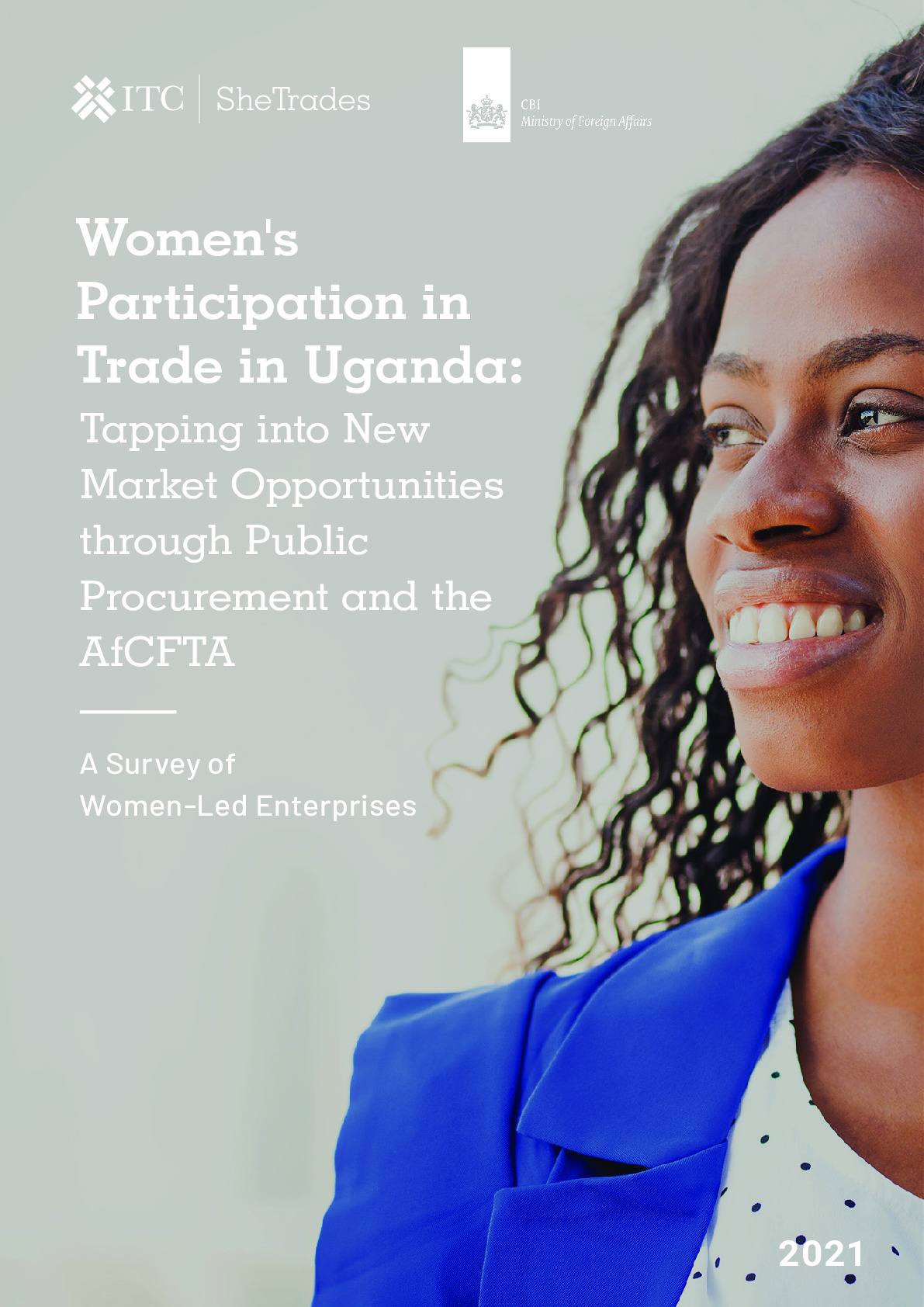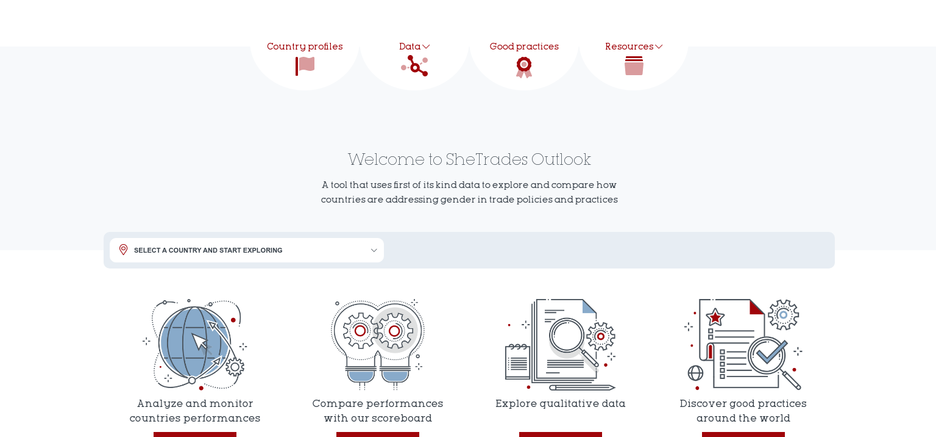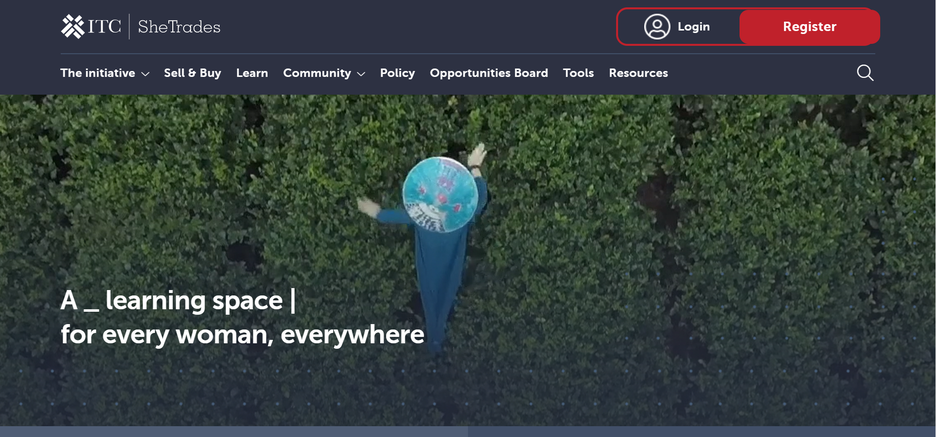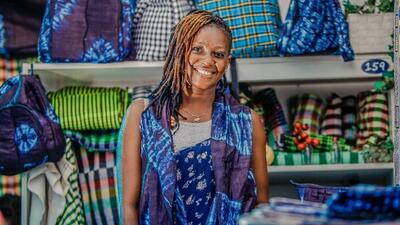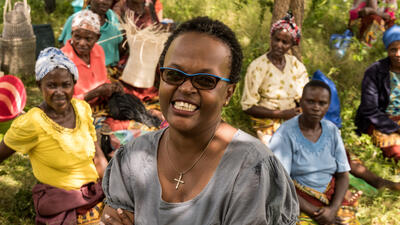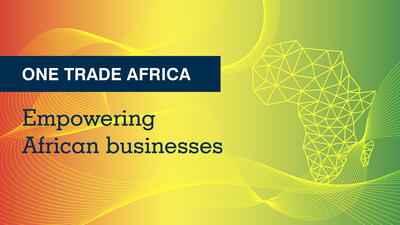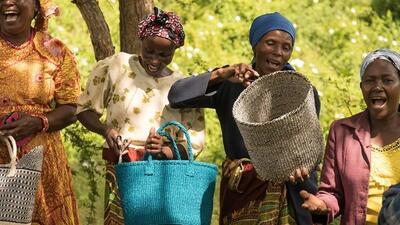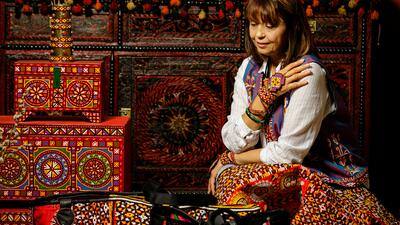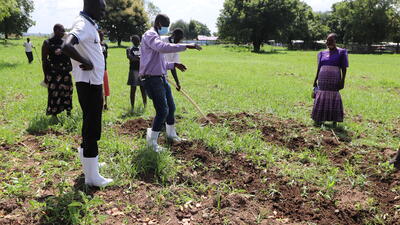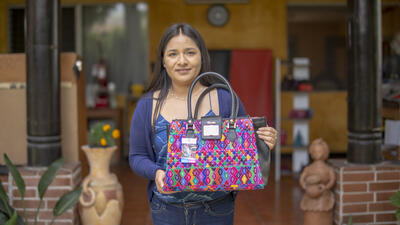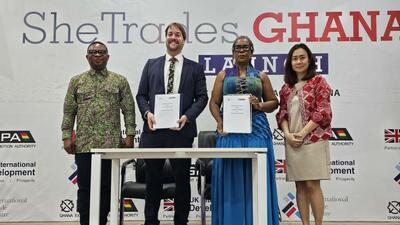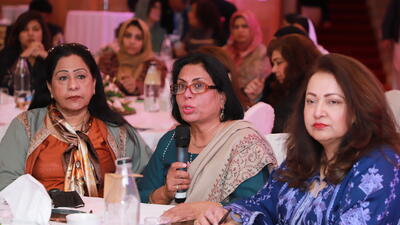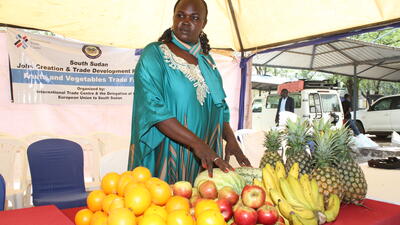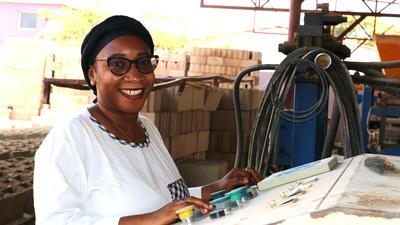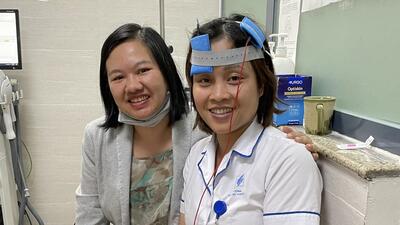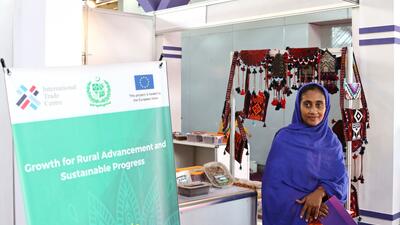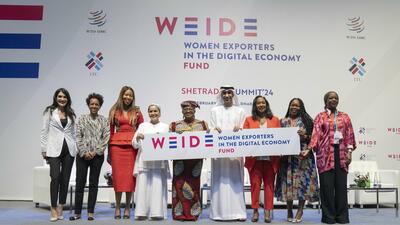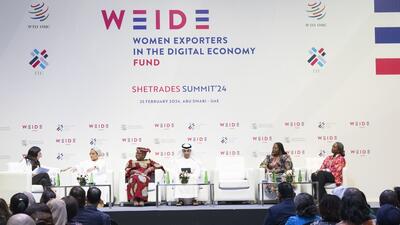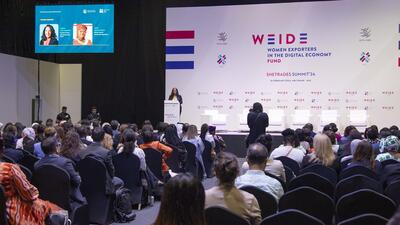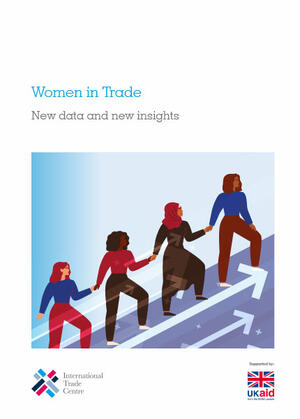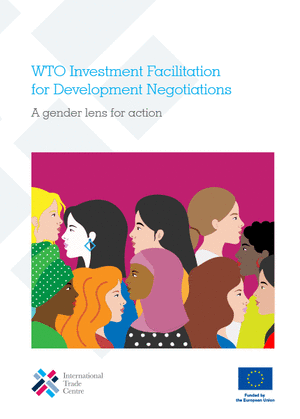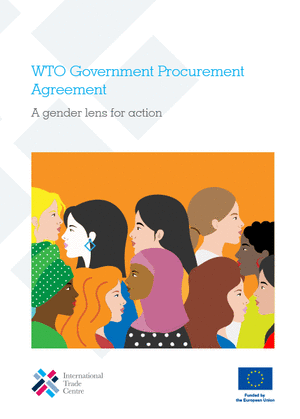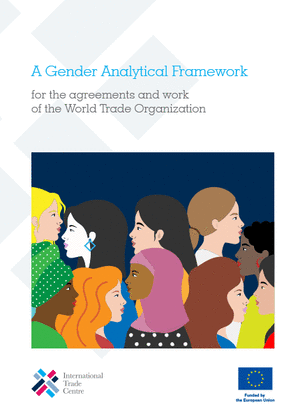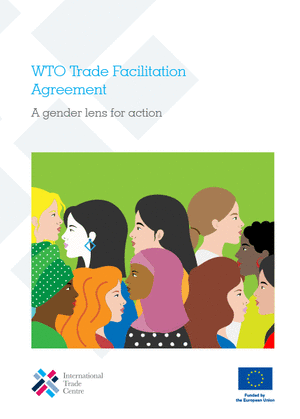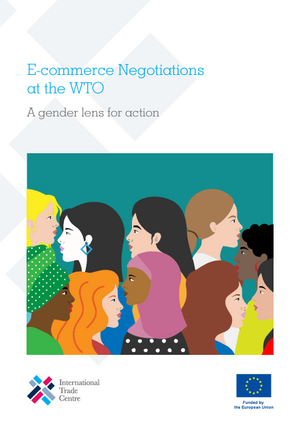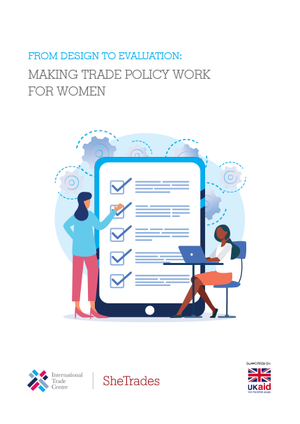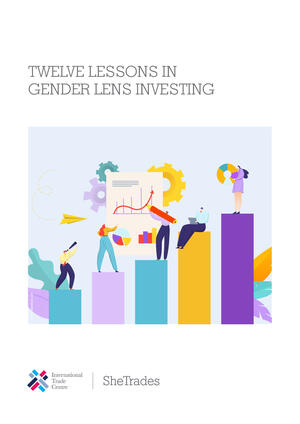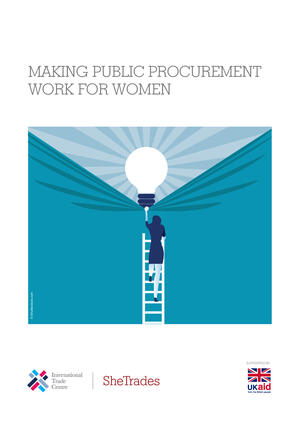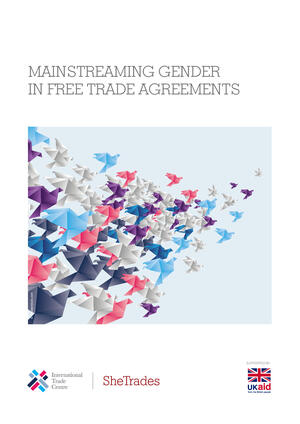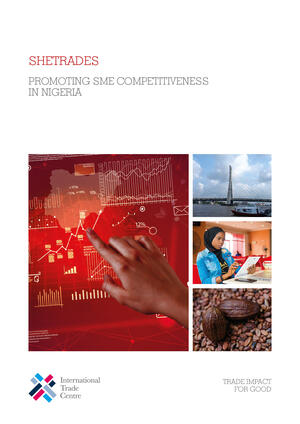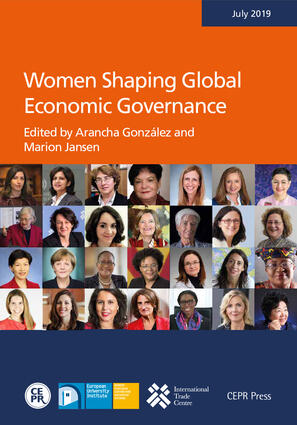
Women’s economic empowerment
Some 90% of the world’s businesses and more than half of global employment are concentrated in small businesses. Yet women run less than one-third of them.
ITC’s SheTrades Initiative works across the trade and business ecosystem to provide women entrepreneurs and producers with access to key knowledge, resources, and networks. We also support policymakers on inclusive policy reforms, and leverage public and private sector partnerships to amplify the impact of our work.
We recognize that all women have the right to a decent income, employment, fair working conditions, and a choice and voice in shaping their economic futures. We are working towards these goals. This is why the SheTrades Initiative was established in 2015: to foster the right conditions for every woman, everywhere, to realize their full economic potential.
SheTrades works at the multilateral, regional, and national levels to ensure that all women's needs and interests are considered, acted upon, and translated into results on the ground.
Promoting sustainable and inclusive trade requires political will, better data on trade and gender, and tailored policy measures that address the priorities and needs of women in each country.
Learn more about the IGC Trade Impact Group and the ISO IWA 34.
- Developing a gender lens for the World Trade Organization
Mainstreaming gender into the heart of the multilateral trading system, such as the World Trade Organization (WTO), can pave the way to trade agreements, negotiations, and committees that respond to the needs and challenges faced by women.
In 2022, SheTrade implemented an EU-funded project aimed at developing a gender-lens framework for the WTO. This framework applies to four selected topics: trade facilitation, e-commerce, investment facilitation, and government procurement.
- Leverage the International Gender Champions' Trade Impact Group
Established in 2016, the Trade Impact Group (TIG) is one of the six impact groups under the auspices of the International Gender Champions. It aims to mobilize the Geneva community to leverage trade to achieve gender equality.
In 2017, the TIG put the trade and gender agenda on the table by securing support from 127 WTO members and observers from the Buenos Aires declaration. This later proved the way for the establishment of the WTO Informal Working Group on Trade and Gender in 2020.
The TIG's 2022-2023 work plan includes the EU-funded public-private partnership (PPP) initiative that seeks to promote peer-to-peer learning and to establishment of women-specific partnerships.
- Harmonizing terminology on women's entrepreneurship
The world doesn't have a consistent way to talk about women in business. Countries and institutions define terms differently, and use different terms for similar concepts. In some cases, no definitions exist.
This is why ITC, the Swedish Institute for Standards, and the International Organization of Standardization in 2021 launched the ISO International Workshop Agreement (IWA) 34 on Women's entrepreneurship. This paves the way to developing a set of universal definitions on women's entrepreneurship.
The SheTrades Initiative provides countries with technical assistance for gender-responsive policy reforms to ensure that all genders benefit equally from trade. Based on well-tested methodologies and toolkits, SheTrades adapts its services to country priorities and constraints.
Examples of policy topics covered include:
- Access to finance regulations for women;
- Gender-responsive public procurement;
- Advocacy for COVID-19 economic stimulus packages for women-led businesses and women in tourism;
- Gender-mainstreaming into the AfCFTA National Implementation Strategy, National Export Development Strategy, National Export Strategy, Trade Facilitation Reform Agenda, National Trade Policy, and Cooperatives Policy;
- Definition of women-owned/led businesses;
- MSME Policy Gender-responsive Implementation Plan.
There is a historic opportunity for women in the African continent. The African Continental Free Trade Area (AfCFTA), which spans 54 African countries, has the potential to support a market of over 1 billion people, contribute more than $3 trillion to global GDP, and substantially increase Africa's share of global trade.
The AfCFTA can open significant opportunities for women entrepreneurs and producers. However, a 2020 ITC survey of 70 African women's business associations found that 70% of them have not been meaningfully involved in negotiations, and their members are not taking advantage of existing regional trade agreements.
To make the AfCFTA work for women entrepreneurs and producers, SheTrades provides African women and their business associations with the platform, capacity building, and resources critical for their participation in and shaping of the AfCFTA.
At ITC, Moonshots represent our bold solutions to confront the challenges faced by small businesses in developing countries, to participate in global trade. One of these challenges is closing the gender gap.
Closing the global gender gap will take 135 years — a gap widened by multiple crises, reversing progress on poverty reduction. Women and girls in developing countries pay the highest price, as they’re more likely to shoulder unpaid domestic work and face barriers in accessing financing, market information, digital tools and professional networks.
It’s time for a strategic rethinking of the way we tackle gender inequality in trade at every level, from policy reform to institutional strengthening to targeted capacity building for small businesses.







